
Huntley Ashworth Gordon was a Canadian actor who began his career in the Silent Film era.
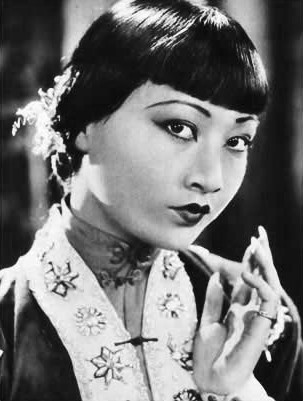
Wong Liu Tsong, known professionally as Anna May Wong, was an American actress, considered the first Chinese-American film star in Hollywood, as well as the first Chinese-American actress to gain international recognition. Her varied career spanned silent film, sound film, television, stage, and radio.
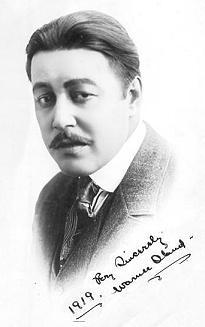
Warner Oland was a Swedish-American actor. His career included time on Broadway and numerous film appearances. He is most remembered for playing several Chinese and Chinese-American characters: Dr. Fu Manchu, Henry Chang in Shanghai Express, and, most notably, Honolulu Police detective Lieutenant Charlie Chan in 16 films.
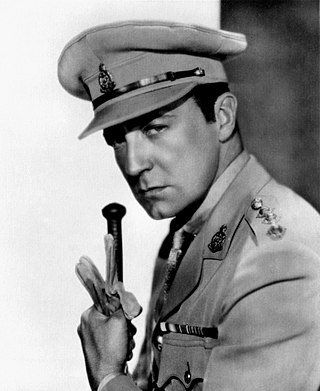
Clifford Hardman "Clive" Brook was an English film actor.
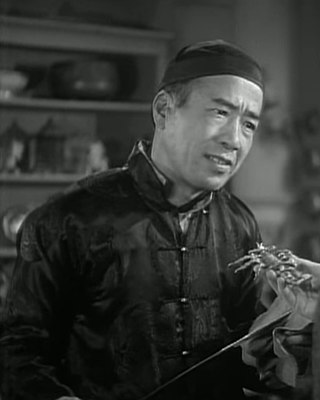
Tetsu Komai, also known as Tetsuo Komai, was a Japanese-born American actor, known for his minor roles in Hollywood films.
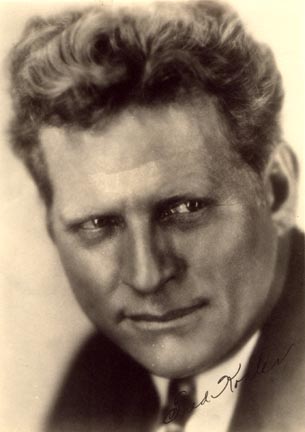
Fredrick Louis Kohler was an American actor.

William Nigh, born Emil Kreuske, was an American film director, writer, and actor. His film work sometimes lists him as either "Will Nigh" or "William Nye".
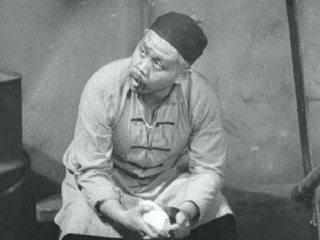
Victor Wong was a Chinese American actor. While Wong appeared in numerous films through the 1930s and 1940s, they were largely small uncredited parts. His biggest role was as Charlie the Cook in the movie King Kong (1933) and Son of Kong (1933). Wong's most memorable scene came in King Kong when he finds evidence that natives from Skull Island have been aboard the ship Venture, resulting in the kidnapping of heroine Ann Darrow. As Charlie the Cook, Wong yells, "All hands on deck! Everybody on deck!" This causes panic aboard ship which begins the quest for Ann's whereabouts and the discovery of King Kong. The Charlie character in the sequel Son of Kong was more prominent to the story and included significantly more screen time for Wong.

Noble Johnson, later known as Mark Noble, was an American actor and film producer. He appeared in films such as The Mummy (1932), The Most Dangerous Game (1932), King Kong (1933) and Son of Kong (1933).

Richard Loo was an American film actor who was one of the most familiar Asian character actors in American films of the 1930s and 1940s. He appeared in more than 120 films between 1931 and 1982.
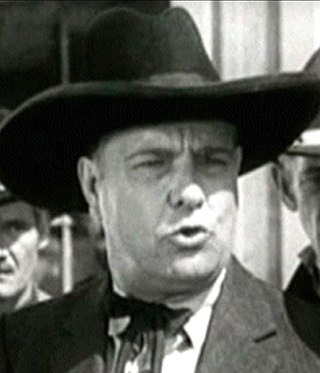
Edward J. Peil Sr. was an American film actor. He appeared in more than 370 films between 1913 and 1951.
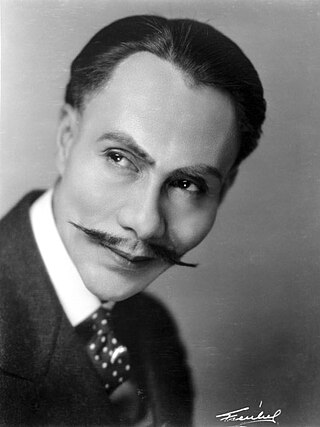
Sōjin Kamiyama or just Sōjin was a Japanese film actor. He appeared in more than 70 films between 1917 and 1954. He was the subject of a 1995 TV documentary by the Japanese film director Nobuhiro Suwa. He was born in Sendai, Japan and died in Tokyo, Japan. His wife was actress Uraji Yamakawa.
Forrester Harvey was an Irish film actor.

Jack Mower was an American film actor. He appeared in more than 520 films between 1914 and 1965. He was born in Honolulu and died in Hollywood.

Philip E. Rosen was an American film director and cinematographer. He directed more than 140 films between 1915 and 1949.

C. Henry Gordon was an American stage and film actor.
Wong Chung was an American film actor. He began with the Asia Film Company, and he appeared in Tou Shaoya and Stealing a Roast Duck (1909), both directed by Leung Siu-bo. He appeared in Barbary Coast (1935), in which he was the only Asian actor listed in the opening credits, unlike the Asian actors from the period.

Lotus Blossom is a 1921 Chinese-Japanese film written and directed by Shanghai-born Japanese actor James B. Leong and Frank Grandon.
Luke Chan was a Canadian character actor and designer who worked in Hollywood in the 1930s and 1940s. He was also a prominent figure in the development of Los Angeles's Chinatown neighborhood.
















